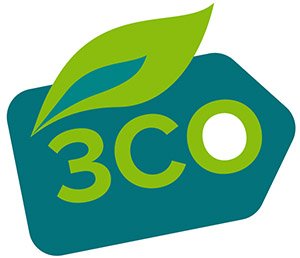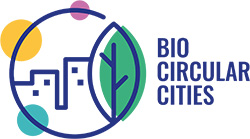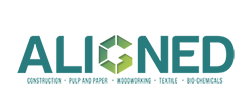STAR4BBS project
Project concluded

Sustainability Transition Assessment Rules for Bio-Based Systems
STAR4BBS is a three-year multidisciplinary and multi-actor collaborative project, involving six partners, four associated partners and one linked third party. The overall aim of STAR4BBS is to maximize the potential of Sustainability Certification Schemes (SCS) and labels to support a successful transition to sustainable bio-based economy. At the core of the STAR4BBS project is the development of indicators and a new monitoring system for assessing the effectiveness and robustness of existing international and EU SCS, B2B labels, and related traceability systems applicable to biological feedstock and bio-based materials and products. This information will create the foundations to support achieving the much-needed harmonization between schemes and transparency in global and EU trade flows. Through the developed new monitoring system, existing SCS and labels will be analyzed, and the results, as well as additional research on certified and uncertified trade flows and on the impacts and costs and benefits of certification and labels, will substantially increase understanding of the potential of these schemes to contribute to policy and industry sustainability goals and will build awareness of the differences between the schemes. The project will involve important stakeholders (including scheme owners, policy makers, and industry) in the design of research and the monitoring system and in the development of practical recommendations emerging from the research and analysis in order to ensure that the project achieves its ultimate goal. In particular, an increased uptake of the most effective SCS and labels by the biobased industry will support the development of circular, climate-neutral, sustainable biobased systems that will mitigate climate change, increase resource efficiency, preserve and restore ecosystems, biodiversity, natural resources, and the quality of air, water and soil.
Contacts:
Luana Ladu – Project Coordinator: Luana.ladu@tu-berlin.de
website: www.star4bbs.eu











